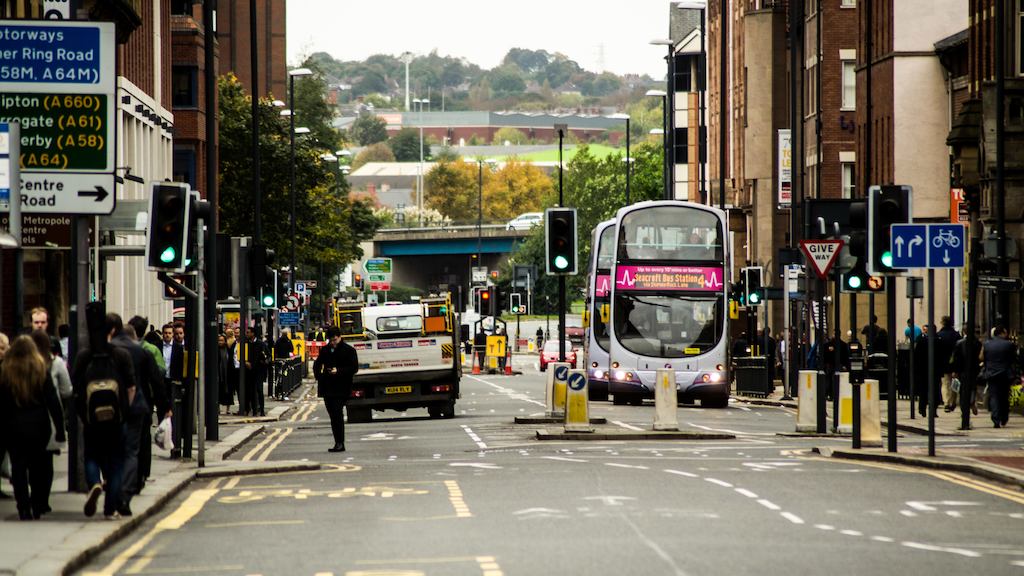What factors might contribute to the well-coordinated operation of care and health services, together with local community and voluntary sector resources, and create positive opportunities for development during the challenges posed by living with the pandemic? It seems likely that local authorities with well-developed relationships with community and third sector organisations, and a focus on strengths and asset-based approaches, would be better placed to respond to the extraordinary demands of COVID-19.
One example is the model developed in Leeds, where the Leeds Neighbourhood Networks (LNNs) have a long history. The LNNs provide a city-wide network through 37 community bodies that exist to support local older people, and specifically to:
- Tackle loneliness and social isolation
- Deliver a range of health and well-being activities
- Support older people to be aware of and access other services
- Directly involve older people in oversight and delivery of the service
The LNNs are an integral part of the Leeds ambition to be the best city to grow old in, and the best for health and wellbeing, where the poorest people improve their health the fastest.
A similar approach has been developed by Birmingham City Council, and in both cities the Neighbourhood Networks are evolving and responding within the new conditions imposed by the coronavirus. Building on community assets and resources at this time will be especially important given the pressures facing health and care services. The latest report from the Association of Directors of Adult Social Services (ADASS) has highlighted the “all-consuming nature of the COVID-19 pandemic” and its impact on people needing care and support. Councils have made use of volunteers and community resources to supplement services.
The Centre for Ageing Better was already working with Leeds to evaluate the Neighbourhood Networks, and the approach has been adapted to allow careful evaluation to be undertaken while the coronavirus is currently impacting communities, focusing specifically on the COVID-19 response and the strategic fit with the wider Leeds response. Understanding the response, and mapping how it contributes to recovery from crisis, will be vital in identifying and nurturing the factors associated with building and maintaining community resilience.

